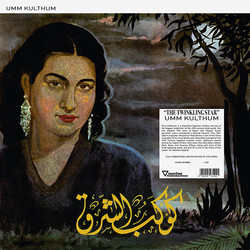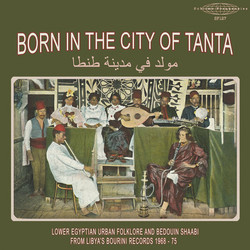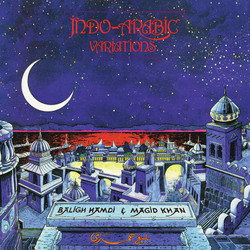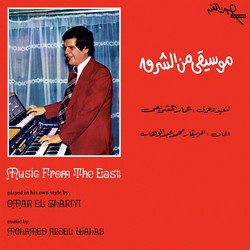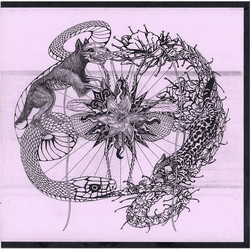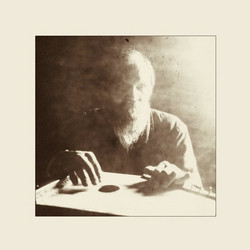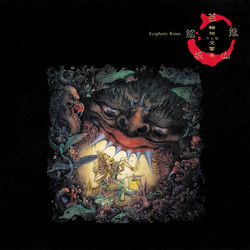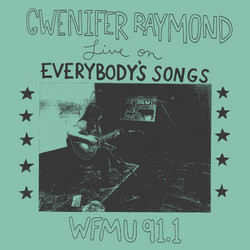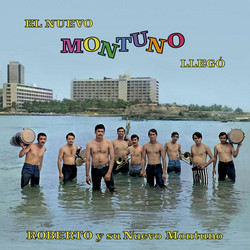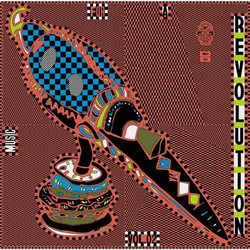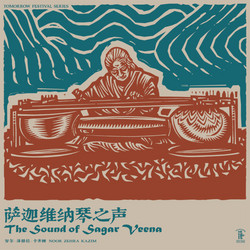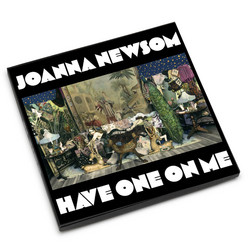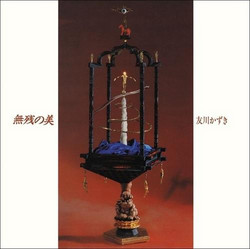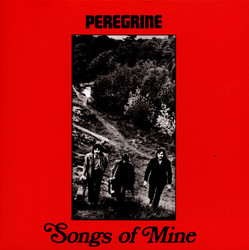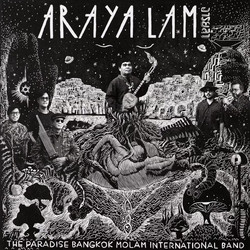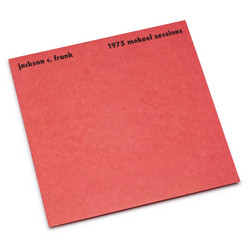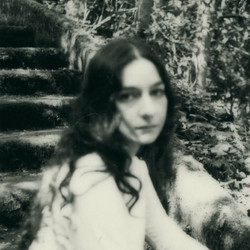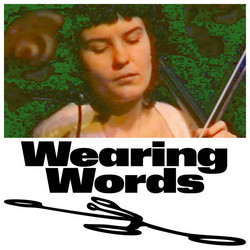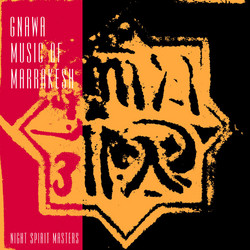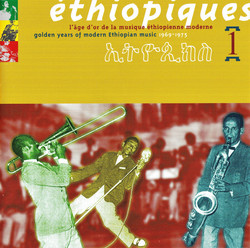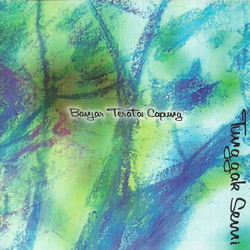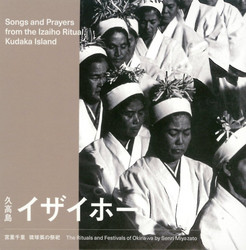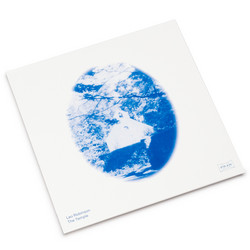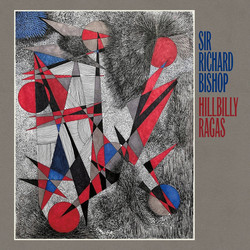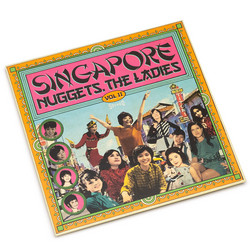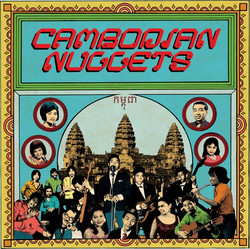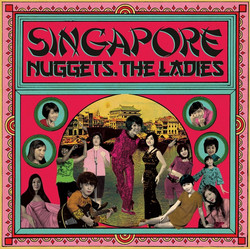Metqāl Quenāwī, born in 1929 (Luxor, Egypt), also known as Met'qal, Metaqal Kinawi Metaqal, Metaqal Rebab Ensemble, Metkaal Kenawe or Awlad Metqāl, developed an intense artistic career based on rescuing folk traditions from southern Egypt. Recovering the traditions of the Said, the southern region around Luxor, Qena, and Asyut, Metqāl was brought up on the customs of the Fellahin (agricultural laborers who passed on the age-old traditions of Egypt), which were disseminated across the nation by the rebab, an instrument of Bedouin origin, a type of violin, made out of coconut shell, wood, animal skin, with two or three strings and played with a horse hair bow. The themes he evokes are pastoral and rural visions and love, and his compositions, written from the age of nine onwards, were received with enthusiasm, enabling him to move to Cairo where he was met with great success and was in constant demand to play at celebrations, such as weddings. His many recordings, disseminated and rescued in the '70s and '80s on multiple cassettes, made Metqāl into a key reference in Egyptian music and took him to perform in Paris, where he was not only celebrated by the Egyptian community, but also acclaimed by the cultural press. His work is as prolific as the number of offspring he had - he had 25 children from nine different marriages. Now, Akenaton presents this legend to the west, leaving the spirit of the Said ready for listeners to swing their hips on the dancefloor. Edition of 500.
